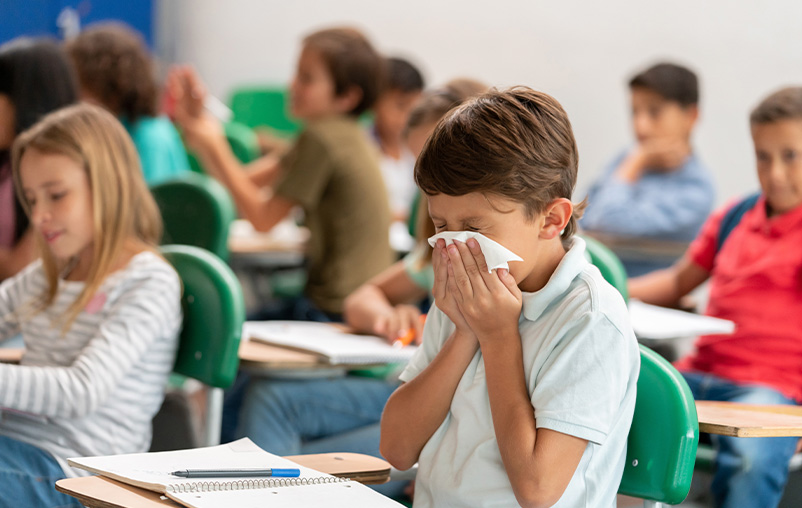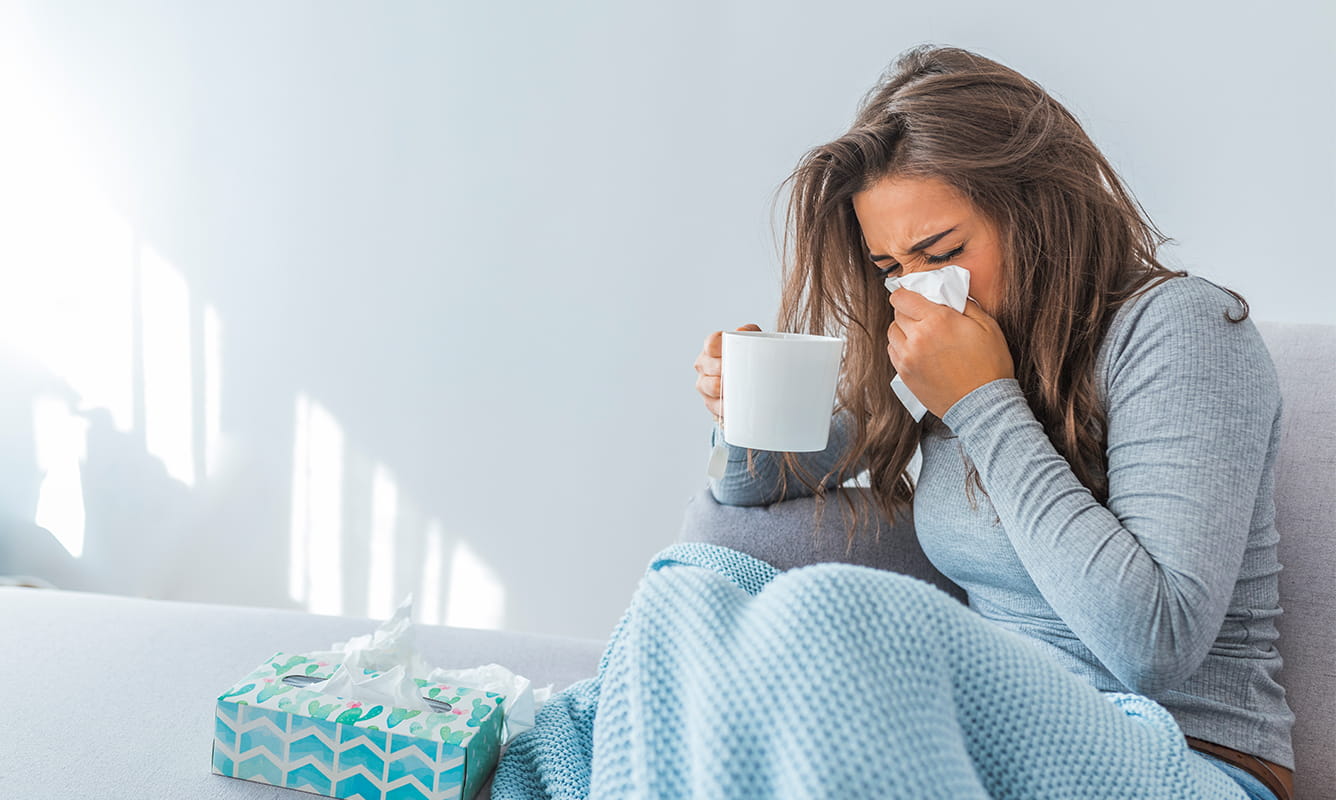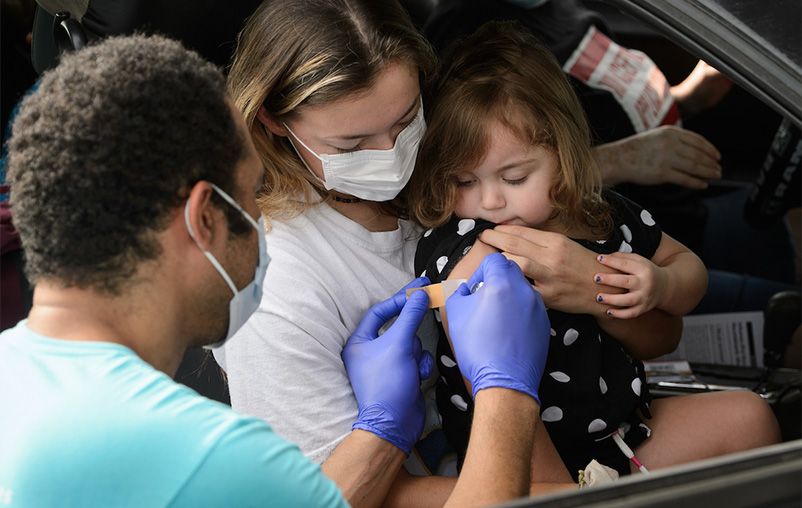If you’re now fully vaccinated against COVID-19, you’re familiar with the sense of hope and relief that protection can provide. But while millions of Americans are getting the COVID-19 vaccine, many others are not.
There are multiple reasons for that. For those younger than 12, they aren’t eligible yet to receive the vaccines, which have currently been approved for those 12 and up. For some who are immunocompromised, vaccination may not be recommended, though that is relatively rare.
There are also circumstances where people are hesitant to receive the COVID-19 vaccine — making the choice to wait or not receive the vaccine at all. If you have family members or friends who aren’t sure whether they want to be vaccinated, you may be wondering how to approach the topic with them.
Our team of experts here at University Health has some suggestions that can help you navigate a challenging conversation.
Tips for Conversations about the COVID-19 Vaccine
There’s a saying that you don’t talk about politics, religion or money in polite conversation. That’s because those topics can quickly turn inflammatory — and in some cases, conversations related to COVID-19 and the pandemic can fall into the same category.
But with that said, there are ways to talk about the topic calmly and with kindness. Try these tips:
Keep the conversation positive
This is perhaps most important. Conversations tend to skew toward anger when negativity enters the picture. When talking about the COVID-19 vaccine, it’s important to focus on the positive. Talk through your own reasons for being vaccinated — and your experience with the process. Avoid arguing. If the conversation spins toward disagreement, it’s probably better to walk away.
Demonstrate empathy
The phrase “Put yourself in the other person’s shoes” works well in this type of conversation. Ask gentle questions about what’s causing the person to hesitate about receiving the COVID-19 vaccine, and truly listen for the answer from his or her perspective. Acknowledge that we’re all dealing with unprecedented levels of stress and strain from the pandemic, and that this type of decision can be scary.
Come prepared with the facts
People are hesitant to receive the COVID-19 vaccine for many reasons, and it’s a good idea to familiarize yourself with common reasons and factual information that speaks to those hesitancies. Start here:
- “The vaccines are unproven.” All three vaccines approved for use in the United States have been put through rigorous testing before receiving emergency approval from the FDA. “Emergency approval” simply means that the approval process was expedited; it does not mean that corners were cut.
- “mRNA vaccines are dangerous.” mRNA (or messenger RNA) vaccines represent the future of vaccines for many different diseases and have been in the works for 30 years. Unlike traditional vaccines, these vaccines don’t use any part of the virus to build up your immunity. Instead, they “talk” to the cells in your body to help them create what’s known as a spike protein that boosts your immune system against COVID-19.
- “I’m healthy, so I don’t need it.” In order for all Americans to be protected against COVID-19, it’s important that most of us be vaccinated. That means that even the young and healthy should receive the COVID-19 vaccine. When nearly everyone is vaccinated, it helps protect those among us who cannot be vaccinated, such as children and those with compromised immune systems. It’s also important to recognize that while being healthy and young puts you at a lower risk, lower risk is not the same as zero risk.
- “If the government created the vaccine, I don’t trust it.” The COVID-19 vaccines were not created by the government. The Pfizer/BioNTech and Johnson & Johnson vaccines were created by researchers working in Europe, where they have stringent guidelines for vaccinations and other medical products.
- “COVID-19 is no worse than the flu, so I don’t need a vaccine.” While many people who get COVID-19 experience mild symptoms that can be managed at home, COVID-19 can and does cause very serious health effects. To date, nearly 600,000 Americans have died from COVID-19, including more than 50,000 Texans, and many more have experienced serious and long-lasting effects.
The bottom line? Always remember that it’s ultimately an individual choice to be vaccinated, and your goal should be to respectively and compassionately provide information that may help a person make that choice.




